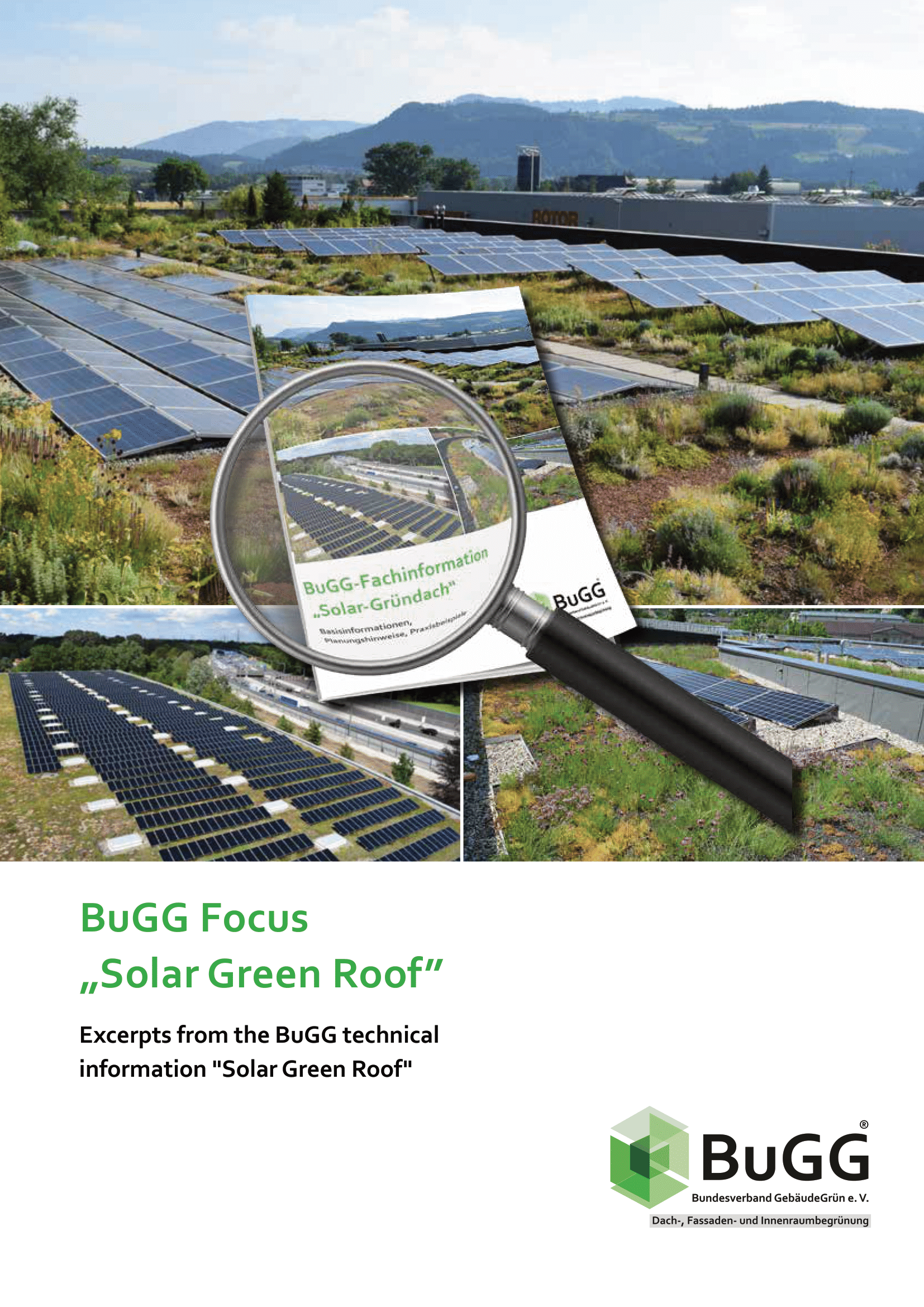
Making Europe’s Built Environment Greener, Healthier and more Resilient
In the past political mandate, the EU has pursued legislation to combat climate change, restore nature, and promote circularity, aiming for climate neutrality by 2050,
At its Board meeting in Oslo in 2019, WGIN decided to set up an EU Chapter of the network, with the aim of increasing the awareness of EU policymakers about the multiple benefits of green and blue infrastructure with a specific focus on building integrated vegetative systems (green roof and living walls).
The EU Chapter goal is to increase the number of square meters of green and blue infrastructure in European cities delivering benefits to citizens, the economy and the environment.
Thus far, four leading companies in the green roofs and walls sector have agreed to participate in WGIN’s EU Chapter and contribute to implementing its advocacy effort. These firms are: Urbanscape by Knauf Insulation, Sempergreen, Sika and Optigrun.
In addition to growing the green roofs and walls market in the near future, the benefits of the WGIN EU Chapter membership, include:
In addition to growing the green roofs and walls market in the near future, the benefits of the WGIN EU Chapter membership, include:
The annual fee is 25,000 Euros (VAT excluded) and WGIN requests from members a statement of intent for annual support over three years.
For Membership Inquiries:
Contact Jure Šumi (WGIN Treasurer)
For further information and inquiries:
Contact Luigi Petito (WGIN EU Chapter)

In the past political mandate, the EU has pursued legislation to combat climate change, restore nature, and promote circularity, aiming for climate neutrality by 2050,

Roof garden, Vegetable garden on the roof, Vegetables on the roof of the building, Agriculture in urban on the roof of the building. Shutterstock ID:1010959666

German Association of Building Greening (Bundes-verband Gebäude Grün e.V. – BuGG), together with the German Aerospace Center (Deutsches Zentrum für Luft- und Raumfahrt – DLR),

Bundesverband GebäudeGrün e.V. (BuGG) provides technical information on Solar Green Roofs. The detailed BuGG technical information “Solar Green Roof” comprises 52 pages, including plant lists,
Join us. Get member benefits. Promote your company, projects, products and services.